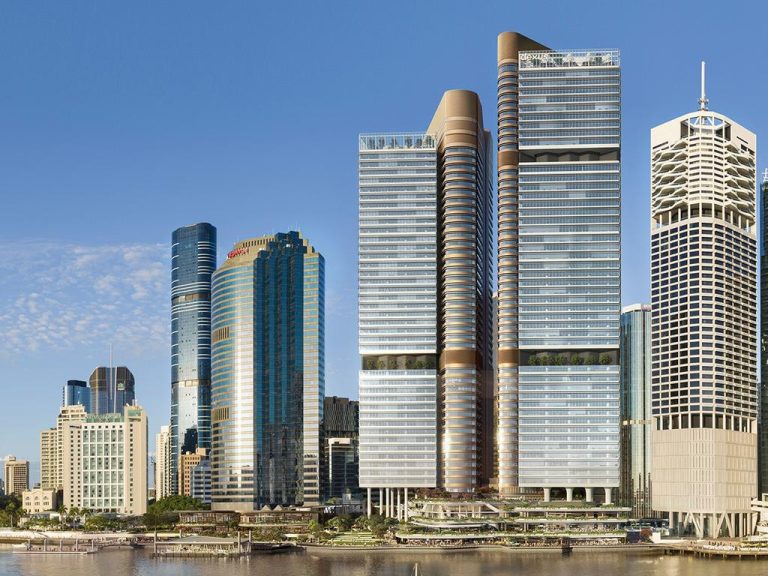Commercial property boom poses risk to REITs: Moody’s

The steep rise in commercial property values could place the creditworthiness of some real estate investment trusts under pressure, according to Moody’s Investors Service.
Moody’s warned in a report that declining property yields were weighing on credit metrics for some rated Australian real estate investment trusts.
But it still regards their overall credit quality as stable as they are supported by solid asset quality, strong debt-to-asset gearing and high interest coverage.
Commercial Insights: Subscribe to receive the latest news and updates
The surge in buyer interest in towers, warehouses and even convenience-based shopping centres has caused yields, a measure value in the sector, to fall.
“We expect yields will continue to contract for the rated A-REITs over the next 12 to 18 months amid rising property values and portfolio upgrades to higher-quality properties with more stable but lower-yielding returns,” Moody’s vice-president Saranga Ranasinghe says.
“While this will pressure the net debt/earnings before interest, tax, depreciation and amortisation ratios of the rated A-REITs, we view the credit implications holistically and consider many metrics to assess overall credit strength.
“Asset/debt ratios remain strong, and the A-REITs also have mitigants in place to manage the eventual rise in interest rates and possible asset devaluations.”
Moody’s notes that high property values have resulted in considerable headroom under the A-REITs’ target gearing levels, and on average they had the ability to withstand 30% falls in asset prices before hitting the upper end of their target gearing levels.
Debt serviceability also remains strong and will probably improve further, as interest rates head lower.
Moody’s says A-REITs’ credit profiles and financial discipline have improved since the global financial crisis 12 years ago, when property valuations crashed and most A-REITs had to sell assets or undertake rescue raisings to satisfy banks.
“We would expect investment-grade rated A-REITs to have the capacity to remain within their loan covenants under our downside scenarios,” it says.
Moody’s says A-REITs are comfortably positioned in their target gearing ranges, which had been set taking into consideration their respective loan covenants.
Some rated A-REITs had experienced weakening net debt/EBITDA leverage, and Moody’s expects others to follow suit as new acquisitions and developments generate lower yields.
With the reduction in yields on acquisitions and redevelopments, some A-REITs have experienced weaker net debt/ EBITDA levels. But others, like Dexus, GPT and Mirvac, issued equity, cutting their debt levels back even as they have undertaken new projects.
This article originally appeared on www.theaustralian.com.au/property.







